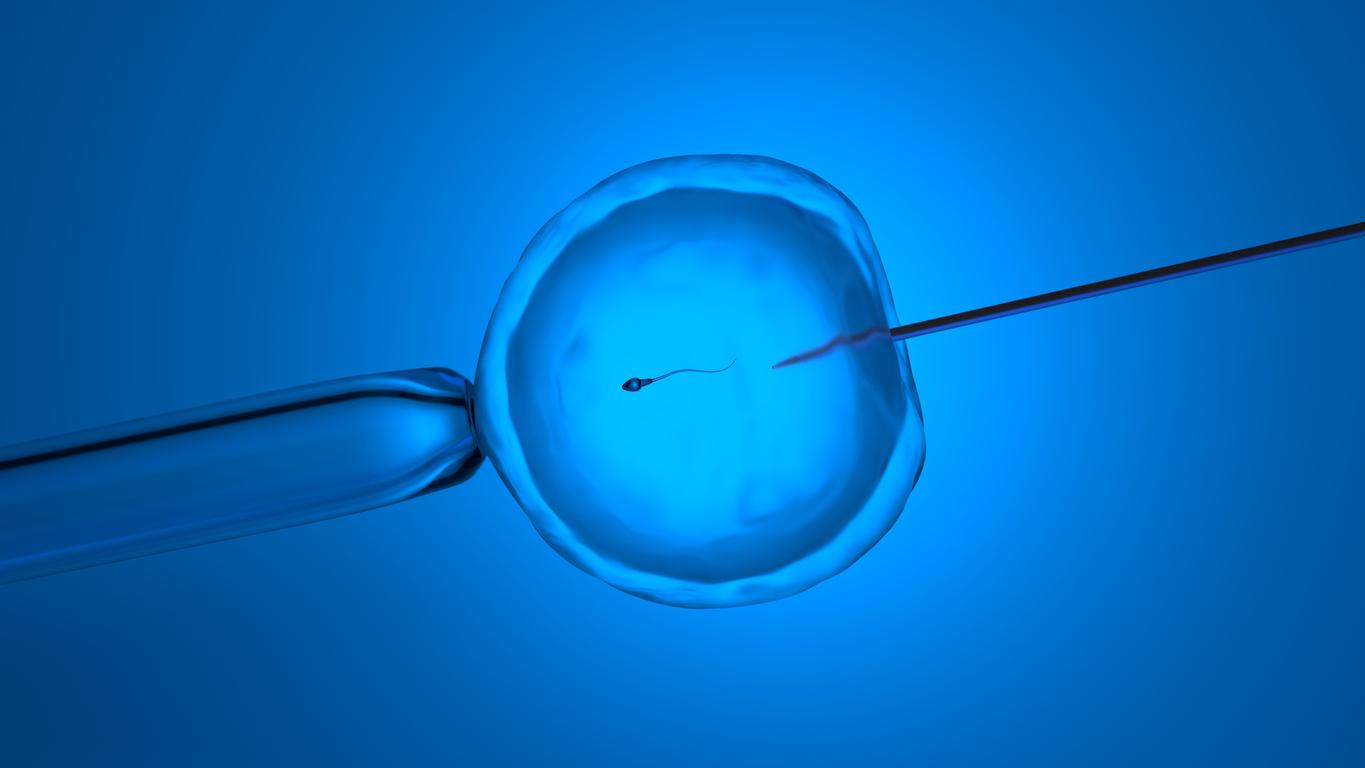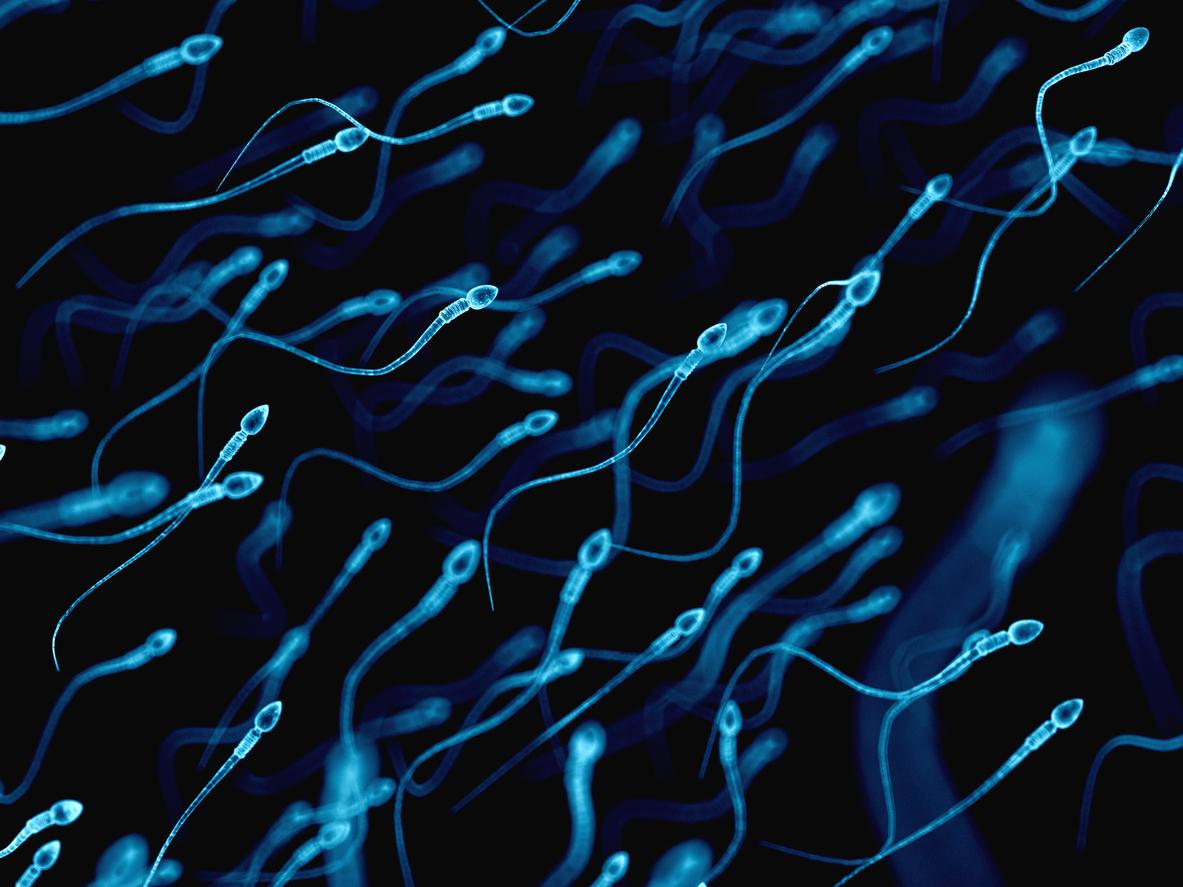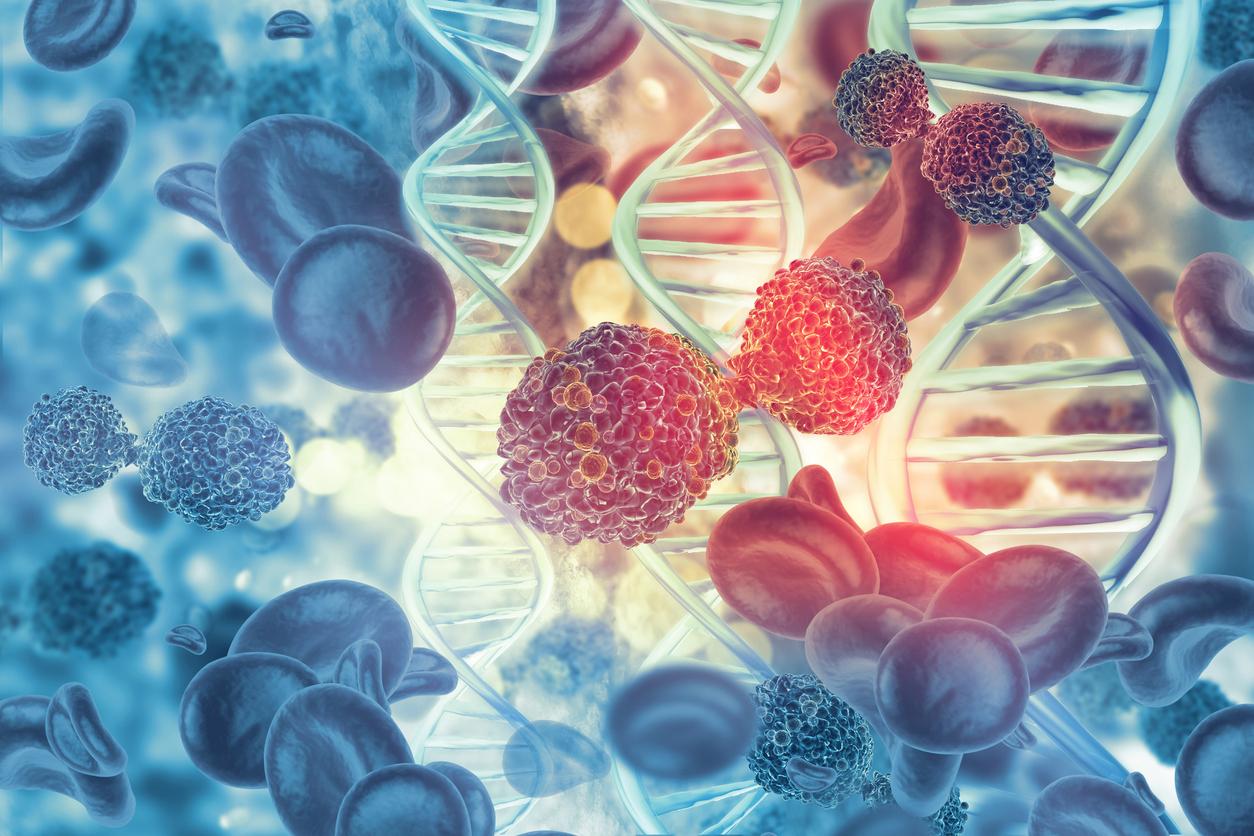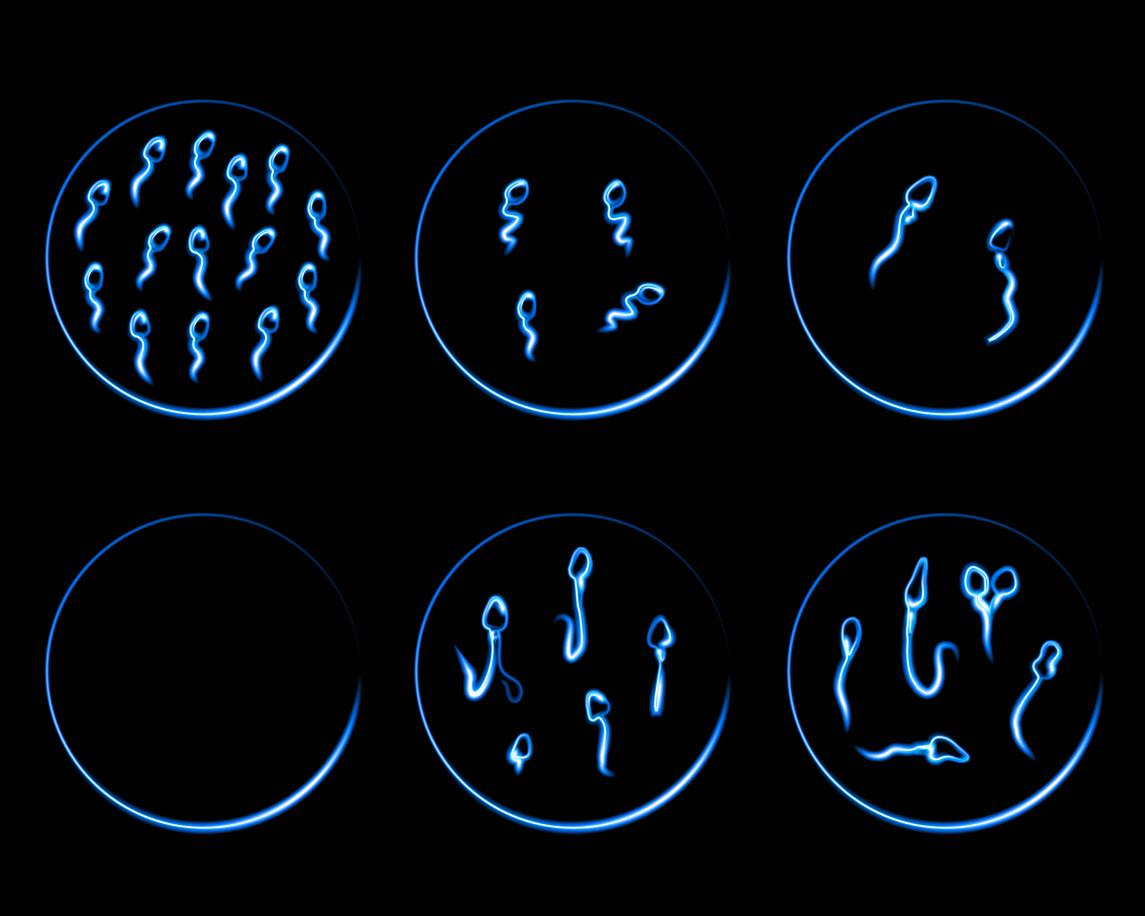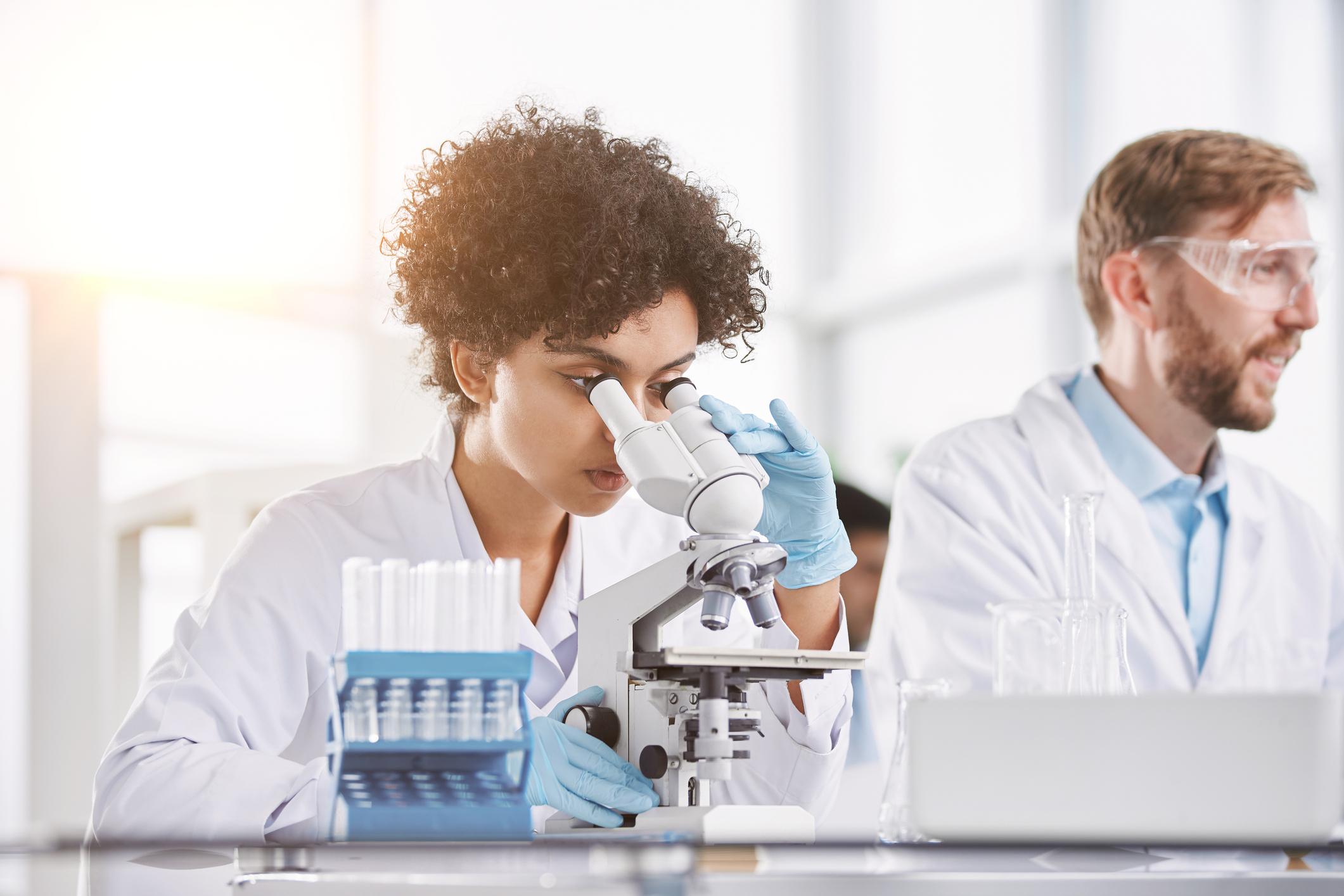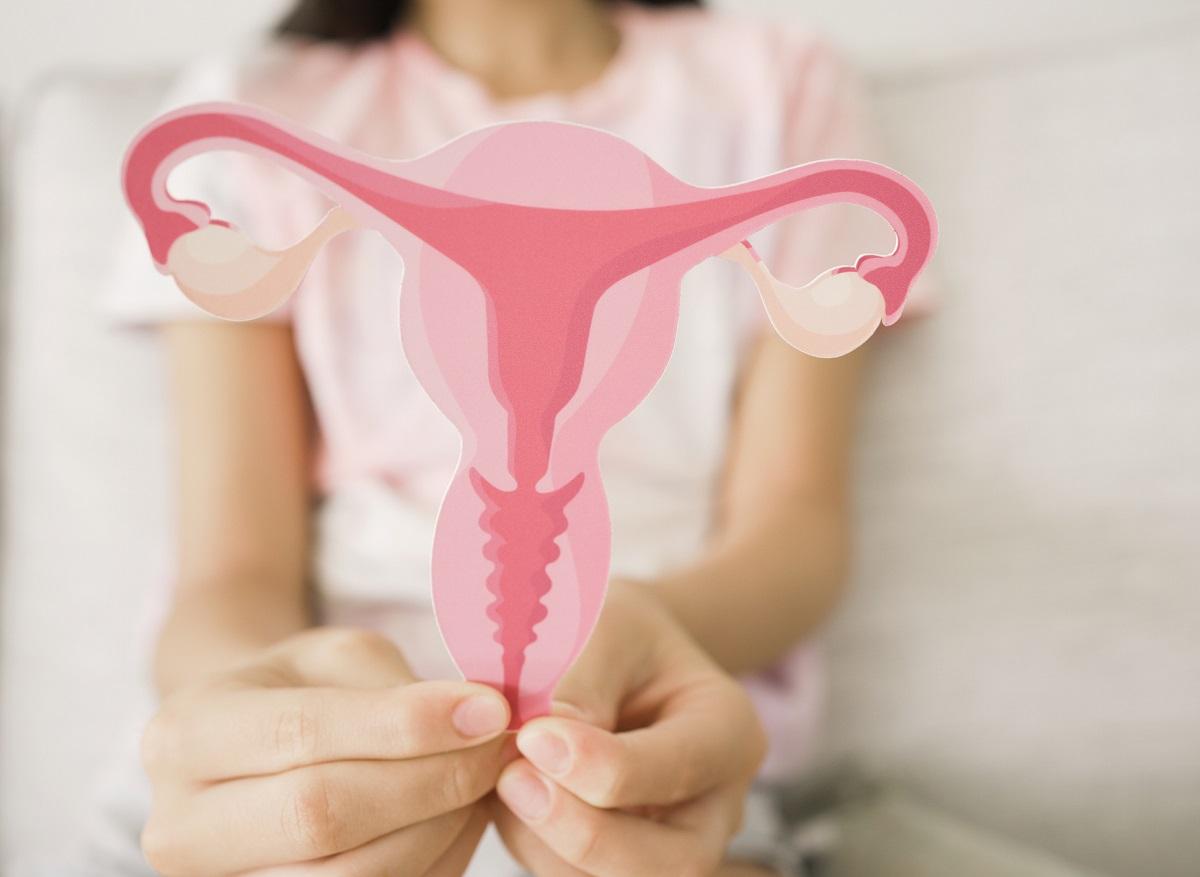Researchers have discovered that mutations in a gene specific to sperm formation could be the cause of male infertility.
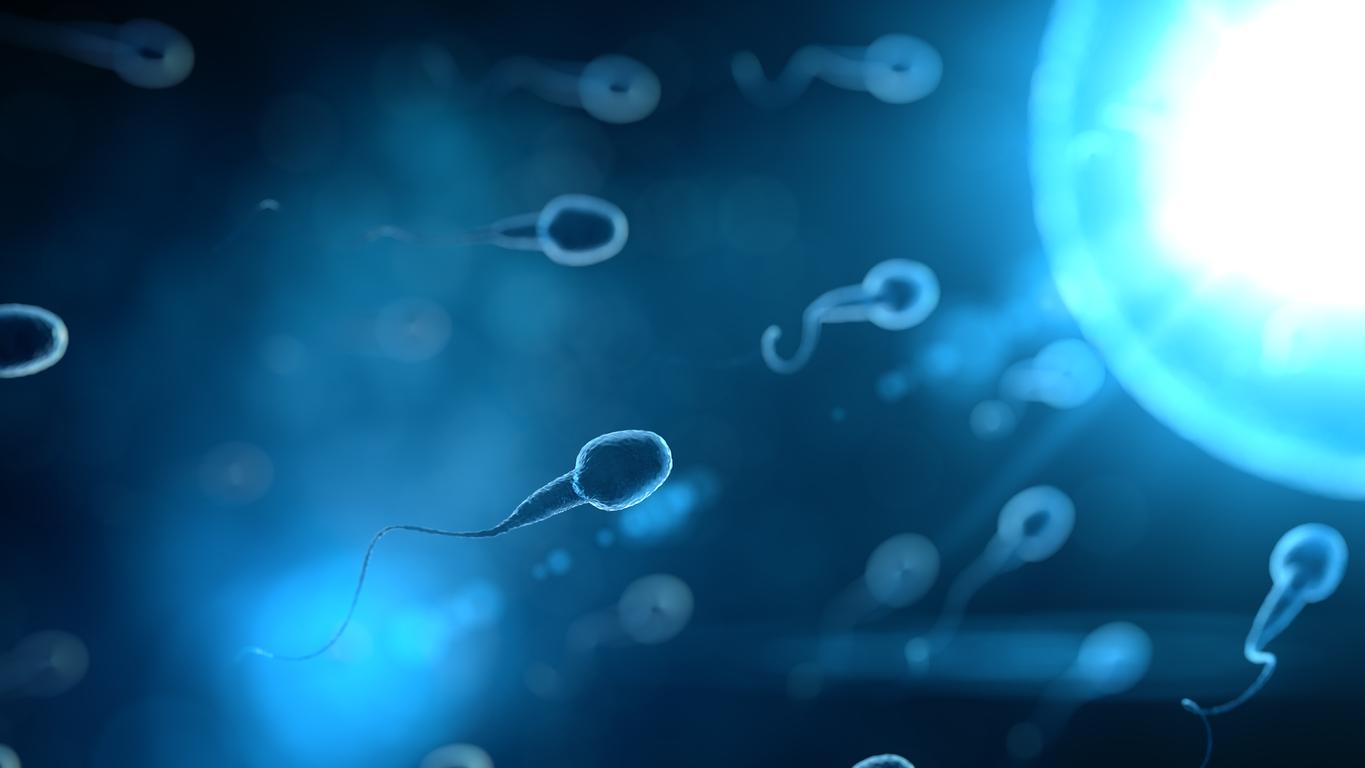
- Healthy sperm have a fully developed head (which contains the male’s genetic makeup), a central part that generates kinetic energy, and a long tail that propels it forward and steers it.
- The change in sperm shape – from round to elongated – requires the reorganization of several structural proteins, including the ACTL7B protein.
- The study suggests that mutations in the ACTL7B gene could be the cause of male infertility.
During sexual maturation, millions of sperm are produced each day in the seminal ducts of the testes. They then migrate into the testes, where they continue to mature. After about three months, healthy, “mature” sperm have a fully developed head (which contains the male’s genetic makeup), a central part that generates kinetic energy, and a long tail that propels it forward and directed.
It is the process of spermatogenesis which, to be successful, depends on many factors. A new study, published in the journal Developmenttells us more about the importance of a specific gene, which could be a cause of male infertility if it is not expressed.
The role of the structural protein ACTL7B in spermatogenesis
Crucial for them to be effective, the change in shape of sperm – from round to elongated – requires the reorganization of several structural proteins, including the ACTL7B protein. “As it is made exclusively in humans and mice during male sperm maturation, it is assumed that this protein is important for this phase of development”specifies in a communicated Professor Hubert Schorle, from the Institute of Pathology of the UKB (Germany), who participated in the study.
It was to study the role of this ACTL7B protein in spermatogenesis that the team of German researchers carried out an experiment on mouse models in which they had mutated the ACTL7B gene using genome editing technology. This resulted in a complete loss of protein function. “Without ACTL7B, development is blocked, cells often remain in a rounded shape and, for the most part, die before reaching the elongated shape typical of sperm”explains researcher Gina Esther Merges, first author of the study.
Mutations in the ACTL7B gene cause male infertility?
But why aren’t sperm from male mice with a mutated ACTL7B gene able to develop the characteristic shape? The researchers discovered that “ACTL7B is necessary for the reorganization of the spermatid cytoskeleton”, the sex cells from which sperm are derived. After identifying two proteins with which ACTL7B interacts (DYNLL1 and DYNLL2), they discovered that “without the structural protein, DYNLL1 and 2 are not correctly localized in round spermatids”. It is for this reason that the mice studied would be infertile.
“Our study shows that mutations in the ACTL7B gene could be the cause of male infertility”concludes Professor Schorle, recalling that, according to other work, “There is evidence that levels of the ACTL7B protein are reduced in some patients with infertility.”








